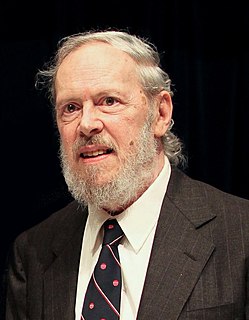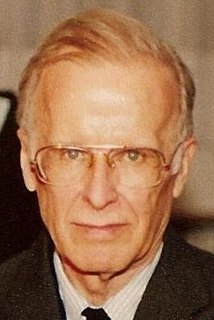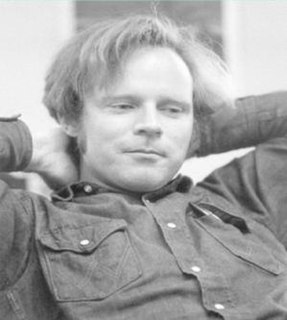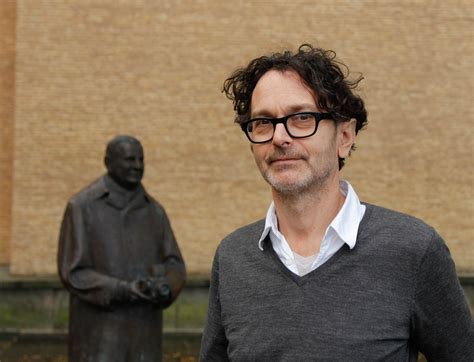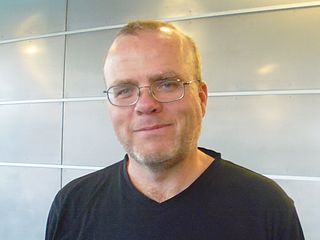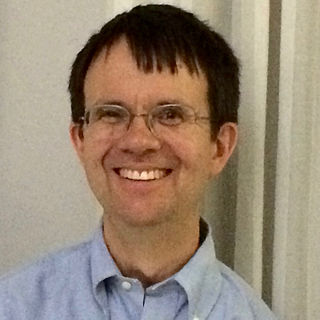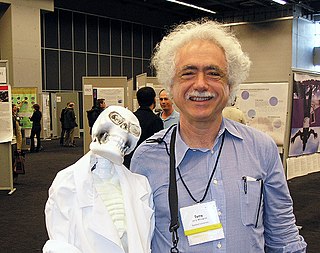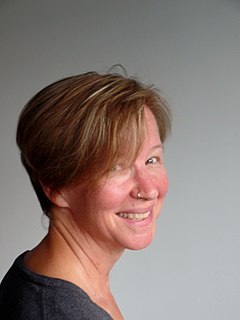A Quote by Dennis Ritchie
The only way to learn a new programming language is by writing programs in it.
Related Quotes
Nature is a language and every new fact one learns is a new word; but it is not a language taken to pieces and dead in the dictionary, but the language put together into a most significant and universal sense. I wish to learn this language - not that I may know a new grammar, but that I may read the great book which is written in that tongue.
If the world is saved, it will not be by old minds with new programs but by new minds with no programs at all. Why not new minds with new programs? Because where you find people working on programs, you don't find new minds, you find old ones. Programs and old minds go together like buggy whips and buggies.
Language designers want to design the perfect language. They want to be able to say, 'My language is perfect. It can do everything.' But it's just plain impossible to design a perfect language, because there are two ways to look at a language. One way is by looking at what can be done with that language. The other is by looking at how we feel using that language-how we feel while programming.
